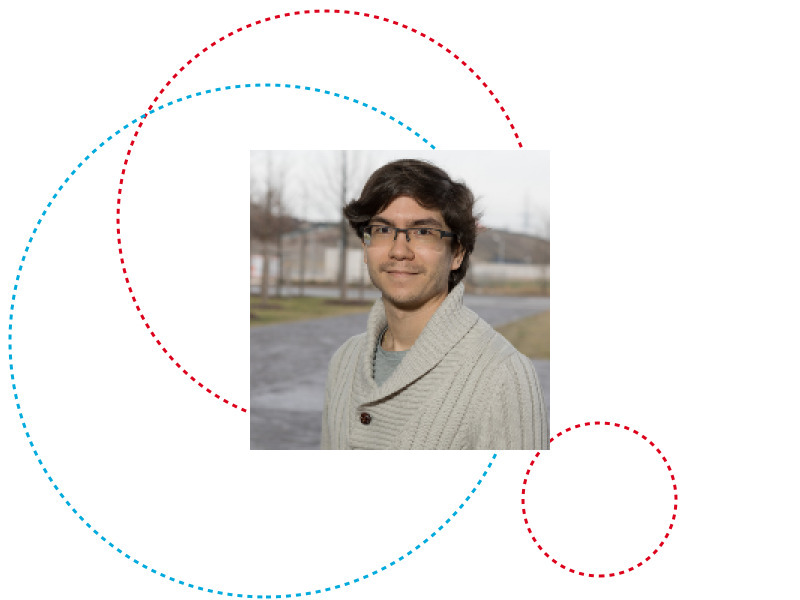Please click on this link to both register and connect on the day of the event.
Members of the defense committee:
- Chair: Prof. Dr Sjouke Mauw, University of Luxembourg
- Vice-chair: Prof. Dr Beishui Liao, Zhejiang University, China
- Supervisor: Prof. Dr Leon van der Torre, University of Luxembourg
- Member: Prof. Dr Ken Satoh, National Institute of Informatics, Japan
- Member: Dr Matthias Thimm, University Koblenz-Landau, Germany
- Expert in an advisory capacity: Dr Marcos Cramer, University of Dresden, Germany
Abstract:
Formal argumentation is an area of symbolic reasoning which mimics the way people argue with each other, providing arguments to back their claims and counter-arguments to attack opposing claims. These are then represented in an argumentation framework. The acceptability of such arguments is then evaluated by abstracting away from their internal content so that the process only considers the relation of attack between them. This then results in extensions, representing reasonable, rational stances on the acceptability status of the arguments. While rationality constraints are set within an extension, different extensions are usually not compatible as they can represent opposing views on the same situation. In this thesis, we focus on the aspect of moving from acceptability to commitment towards one such extension. We present a framework for gradual commitment and study its properties in different settings.
We later investigate how this framework allows for the combination of different semantics, the functions which, given an argumentation framework, return a set of extensions. This combination is done by allowing one to switch semantics in the middle of the commitment process. We show that this combination allows one to recover an existing semantics from two other existing ones and study how this method allows us to define new semantics.
The acceptability of arguments is derived from the attack relation, but other relations have been introduced for formal argumentation, such as positive relations of support and explanations, and more complex relations such as joint attacks. We then present a framework that allows for not only attacks but also necessary and deductive support, explanations and incompatibilities between any set of elements. This enriched framework, which we call extended explanatory argumentation framework, is then equipped with both labeling semantics, where instead of extensions one has labeling functions which assign to each element of the framework one of three acceptability statuses: in, out, or undec. We also define extension-based semantics via a translation from an enriched framework to a simpler framework using a flattening approach and show that there is a correspondence between the two approaches.
We then propose a structured argumentation framework, allowing for the construction of arguments from a knowledge base and a set of rules. This framework has the particularities that it allows for hypothetical reasoning in the construction of arguments, and explanations of other arguments and explananda, which are scientific observations the arguments attempt to explain.
